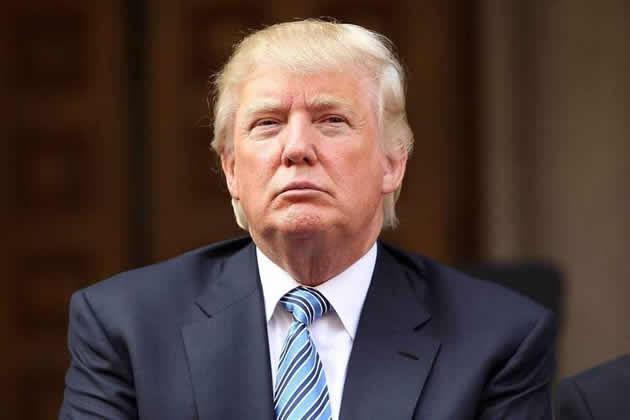EDITORIAL COMMENT: President Xi deserves hero’s welcome

President Mugabe first mooted the idea of a “Look East” policy around 2003. This, at first, looked like a knee-jerk reaction to efforts by the European Union and the United States to isolate Zimbabwe as punishment for embarking on the historic land reform programme. That “isolation” was coupled with punitive economic sanctions. Both the land reform and the “Look East” policy initiatives, it can be said confidently albeit with the benefit of hindsight, set President apart as a bellwether among African leaders. Every country now looks East. Unfortunately, Zimbabweans have largely remained willing victims of a colonial culture we embraced with all its prejudices against China and are unwilling to discard. It is a terrible mental albatross.
The Look East policy was not necessarily about China. It was about looking East in the broadest sense of the term, covering countries such as India, Singapore, Malaysia, Vietnam, Japan and everything in between. Zimbabweans should have learnt how the Asian Tigers managed to overcome the odds imposed by their colonial experiences and rise to the top of global economic charts. It was a call to action to our industrialists and intellectuals to national duty.
This would have helped Zimbabweans to appreciate that nearly all these eastern countries quickly industrialised and prospered, not by specialising in the English language. They focused their attention on practical subjects and technology, they valued hard work over consumption and they were convinced that they alone could bring about the prosperity they desired.
But there was palpable reluctance to embrace the Look East policy across the board. It was viewed strictly in Zanu-PF terms; it was Zanu-PF and Mugabe trying to look for new friends in the East because they had been ditched by our “good” colonial friends in the West.
President Mugabe, it was argued, was trying to dodge the important issue of “human rights” by seeking to befriend kindred spirits in China and Russia. As a result of this short-sighted and masochistic self-immolation, important development lessons in and beyond China were missed. We still pray for the bright day when Britain and America will return to “develop” us.
The prayer is against all evidence that China is now the second largest economy after the US, all achieved in the past more than 30 years of meteoric growth of about 10 percent annually. This was achieved against hypocritical noises about “lack of democracy” in China, thus exploding the myth of any direct correlation between economic development and neoliberal democracy.
Tomorrow Zimbabweans warmly welcome Chinese president Xi Jinping on his first, historic visit to Zimbabwe. It is telling that president Xi comes to Zimbabwe, or Africa for that matter, soon following similar visits to America and the United Kingdom respectively, both of whom went on their knees to welcome him. It underlines the importance of China in global affairs, characterised by humility, mutual respect and the desire for mutually beneficial engagements between sovereign states.
Since Zimbabwe adopted the Look East policy just under 15 years ago, China has proved itself to be an all-weather friend, working against stiff opposition by the US and its allies to isolate Zimbabwe. It has, together with Russia, fought on behalf of Zimbabwe in the United Nations Security Council, including vetoing malicious efforts to invade the country.
On the home front, China has emerged Zimbabwe’s biggest trading partner, with the balance of trade widely in Zimbabwe’s favour by a factor of two at about $400 million and $800 million respectively. It is the biggest buyer of our tobacco.
It has made huge investment in infrastructure and energy development and agriculture against Western-inspired propaganda about Zimbabwe’s high risk factor. For that we are eternally grateful. President Xi deserves a hero’s welcome by all Zimbabweans of goodwill.
As we all witnessed when president Xi visited Washington and London, nobody can ignore China. It has a huge population of 1,2 billion. Its investment in Africa is more than $220 billion, which it plans to double by 2020.
Its population alone provides a huge market for Zimbabwean manufacturing companies willing to venture further afield beyond Africa. Use of the US dollar provides a great opportunity for those who want to import capital goods, with Finance and Economic Development Minister Patrick Chinamasa announcing in his Budget Statement last week tax incentives for such imports. Add to all this the fact that China treats Zimbabwe as a “special” friend. It is a status we should capitalise on.
We thus urge our business leaders to remove their political blinkers and grab the business opportunities being opened by president Xi’s historic two-day State visit to Zimbabwe.






Comments